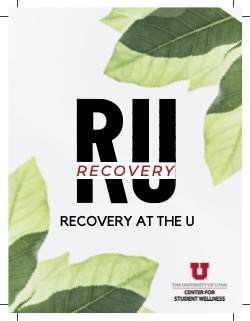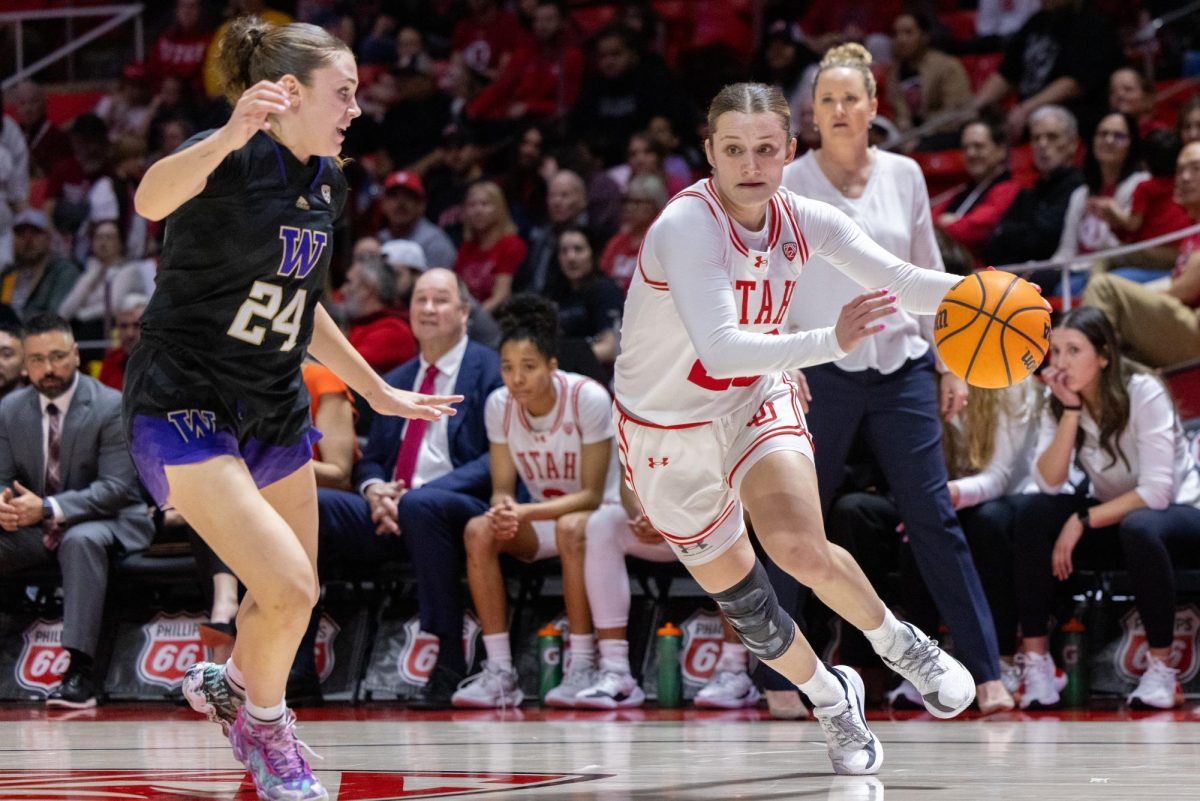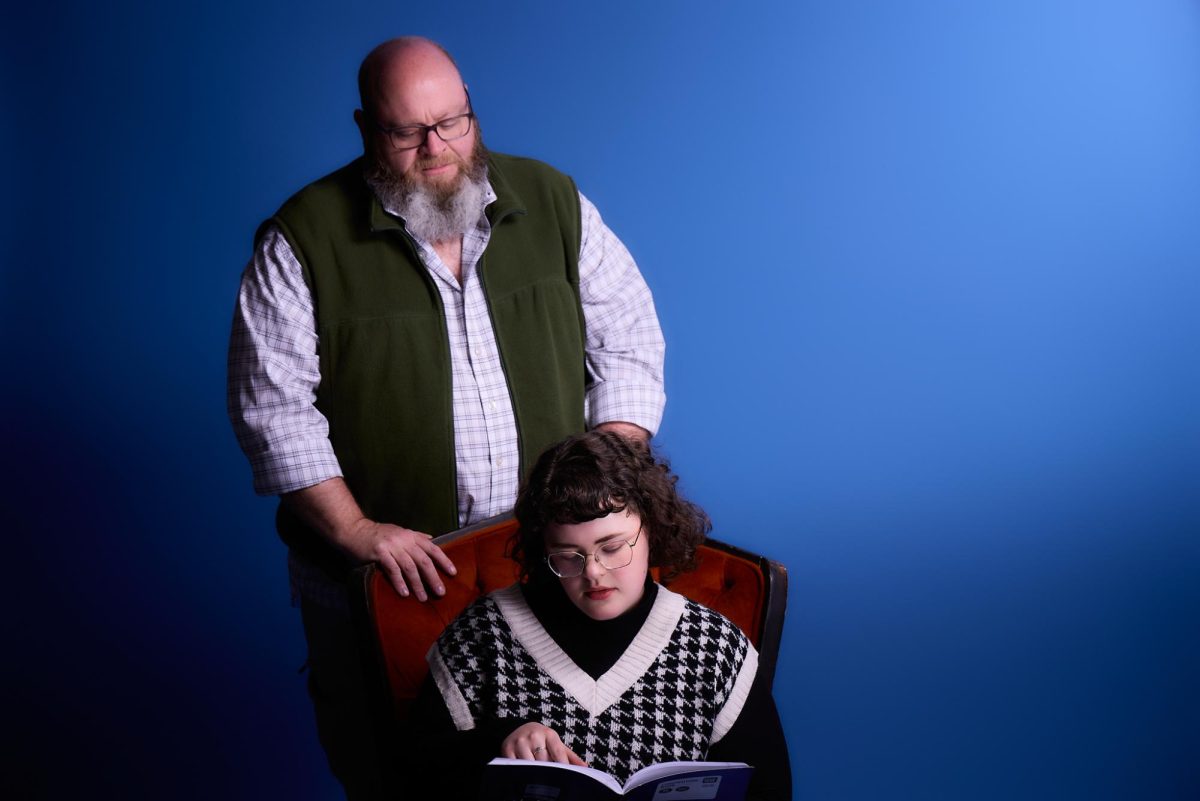Recovery At The U Provides Support Community For Students Struggling with Substance Use

(Courtesy Center for Student Wellness)
March 17, 2023
Recovery at the U, a peer-to-peer program where students can discuss topics related to substance use disorders with their peers, held their second meeting in their series of spring semester offerings on March 2.
Recovery at the U holds an event called “Recovery: An Invitation for Change” in person on the first Wednesday of the month and virtually every first Thursday of the month during the spring semester for students at the University of Utah.
Program coordinator Liz Spencer said the event is oriented around psychology professor Trish Henrie-Barrus’ 10 Principles of Recovery. These principles are the guiding conversation points of Recovery at the U’s discussions into topics including reclaiming joy and numbing emotions as it relates to substance use disorder.
Spencer said using positive psychology and social connectedness is at the heart of discussions in the group.
“It’s not clinical, it’s not therapeutic; it’s a peer community to support one another and be kind of that social connectedness piece that is shown to prevent relapses and prevent suicide, there’s so much to social connectedness that is prevention work,” Spencer said.
Nearly 90% of substance abuse disorders develop during an individual’s teenage years. Additionally, members of Generation Z and Generation Y are at a higher risk of developing substance use disorders due to poor mental health.
Spencer said Recovery at the U is not really a formal recovery program but a “recovery support community” for students in recovery and ones who are considering entering recovery.
“It doesn’t really matter who their peers in recovery really are or what their chosen path of recovery is, there’s just like that solidarity and community bonding that happens there that I’ve noticed,” Spencer said.
According to a 2019 Substance Abuse and Mental Health Services Administration report, in Utah, 9.8% of people between ages 18 and 25 identify as having a substance use disorder, lower than the regional and national average. That same year there was a 166% increase in fentanyl deaths for people 18-24 in the state.
Spencer said Recovery at the U was first made an official student organization in 2016 by students who saw a necessity for an on-campus space to discuss substance abuse. The collegiate recovery program received a grant of $10,000 of funding that same year.
The organization was awarded additional funds through the Utah state legislative session in 2018, when it because the first collegiate recovery program in the U.S. to receive state funding.
Spencer said the organization struggled to develop and sustain itself in the early days because of the lack of continual program coordination as students came and left the U. When the COVID-19 pandemic hit in 2020 and social restrictions were in place, it put the program on ice for the time being.
But in 2021, Recovery at the U was revamped and transferred to the Center for Student Wellness.
Evan Done, community impact director for Utah Support Advocates for Recovery Awareness, an organization off-campus that also uses advocate-based, peer-to-peer strategies to assist people in recovery, said providing recovery programs and resources across the community is important.
“We’ve always strived to get people into care as early as possible, that’s why organizations like Recovery at the U play a really important role,” Done said.
Done said collegiate recovery programs are crucial to establishing what he called “recovery-ready communities,” which encourage people with substance use disorders to enter recovery and remain in it through a community of like-minded people and on-campus resources to help.
Done, a senior studying social work at the U, is also in long-term recovery for substance abuse.
“We use our lived experiences as people in recovery to help other people find their way,” Done said. “When I can meet with somebody and tell them, ‘Yes, I’m a person that’s experienced that, I’ve been there too, and I’ve gotten better,’ that gives them just a little glimmer of what the future could look like for them.”
Done added it’s an important resource to offer to students.
“I know that for me as a person in recovery, it means a lot to know that as a student, I can access recovery support on campus with somebody who is also a student or has some kind of higher education experience,” Done said.
Recovery at the U will be hosting its next meeting in its “Recovery: An Invitation for Change” series in-person on April 5 from 4-5 p.m. at SSB 330 and virtually, on April 6 from 12-1 p.m.











